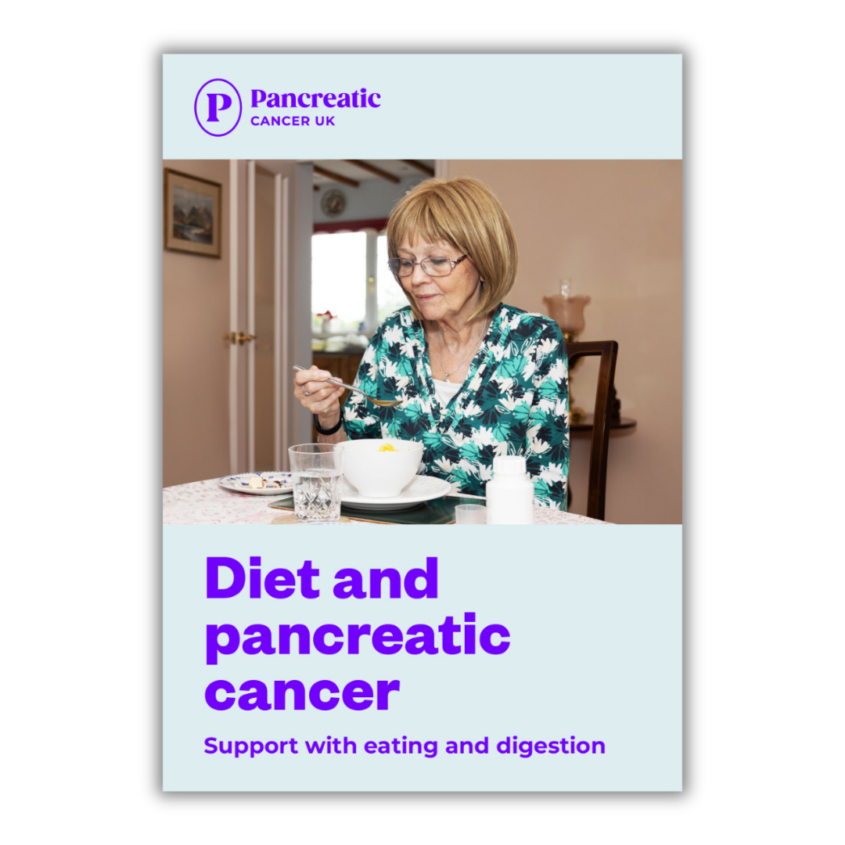What else can cause these symptoms?
Some of these symptoms can be caused by other things. For example, chemotherapy can cause side effects including diarrhoea, sickness and appetite loss.
Some treatments or medicines can hide symptoms. For example, medicine for diarrhoea may manage it, but the diarrhoea could be due to digestion problems and need PERT.
Your medical team will help you manage your medicines and any symptoms you have. Do not stop taking any medicines without speaking to your doctor, nurse or dietitian first.


